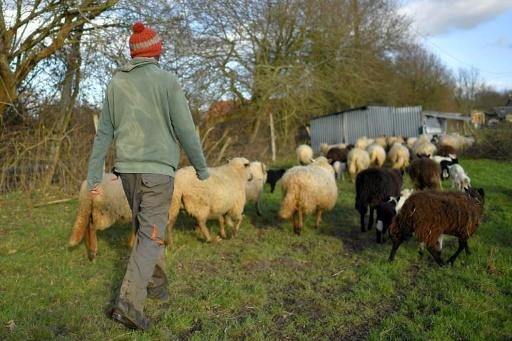Organic farming pursued its growth in Europe, with a market valued at nearly €33.5 billion in 2016 (up by 11.4%). Almost all of the major European markets have seen double-digit growth in organic farming. A report by the Swiss Research Institute of Organic Agriculture, FiBL, and the International Federation of Organic Agriculture Movements, IFOAM, confirms this to be the case.
The European Union, with €30.7 billion in organic sales, is the second largest global organic market, behind the United States (with €38.9 billion). In total, the global organic market amounted to some €80 billion in 2016, compared to barely €16 billion in the year 2000.
In 2016, Europe had 13.5 million hectares organically cultivated (up by 6.7% compared to 2015). Spain had the largest area (more than 2 million hectares), ahead of Italy (1.8 million hectares) and France (1.5 million hectares).
During the year, the European consumer overall (including both EU and non-EU countries) spent an average of €41 on organic food, compared to €61 for the average citizen of the European Union. Swiss citizens spent the most with an average of €274.
In 2016, Belgium had an area of 78,452 hectares organically farmed, taking account of areas in the process of becoming farmland, or 6% of the total agricultural surface area. The country had 1,946 organic producers and 1,116 organic food processors, whilst the total organic budget in Belgium came to €586 million - an average of €52 for each Belgian citizen.
Organic farming heavily excludes resorting to synthetic chemical products, and prohibits using Genetically Modified Organisms (GMOs).
The Brussels Times

